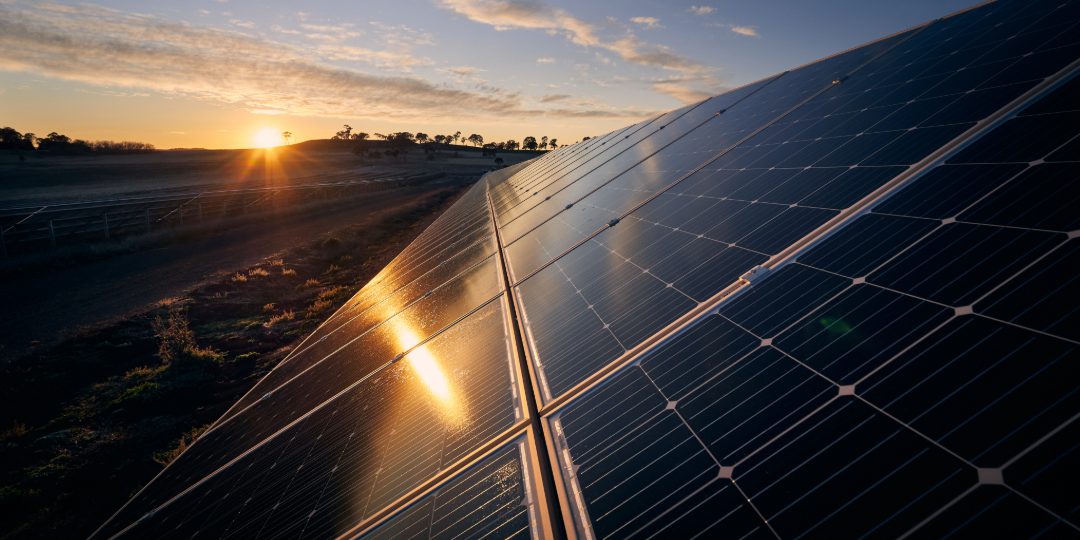Researchers at the University of New England (UNE) have developed a cutting-edge Artificial Intelligence (AI) platform that will prevent solar panels and other e-waste from ending up in landfill, paving the way for the NSW Government’s newly announced solar recycling plan.
The breakthrough technology works by simulating millions of chemical reactions to discover the optimal chemical processes to recover the valuable materials locked inside solar panels.
This AI-driven technology drastically accelerates the discovery of green, cost-effective recycling processes that can then be tested by automated robotics platforms.
“The reason solar panel recycling isn’t financially viable right now is because the chemistry is incredibly complex and expensive,” says UNE Professor of Materials Chemistry, Amir Karton.
“Our AI platform is designed to break through that economic barrier by rapidly discovering cheaper and greener recycling solutions.”
With a typical lifespan of just 20–30 years, Australia is facing a wave of solar panel waste, expected to exceed 90,000 tonnes annually by 2030.
As a result, the demand for effective recycling solutions has never been higher.
“Here at UNE, we are located in the middle of a Renewable Energy Zone (REZ), so we have seen firsthand the need for better recycling systems,” says Professor Karton.
“It’s not practical to ship thousands of tonnes of waste across the country for processing. We are developing the local, high-tech solutions needed to build a truly circular economy for solar energy right here where the electricity is produced.”
Solar panels are a source of valuable materials like silver, silicon, and copper, however, the challenge lies in chemically separating these materials from each other cleanly, safely, and cost-effectively.
Once UNE’s AI platform discovers a promising recycling pathway, the next step is to test it in the real world. This is where a separate, $2.7 million Australian Research Council-funded collaboration comes into play.
UNE has partnered with the Universities of Wollongong, New South Wales, and Newcastle to establish an automated ‘self-driving’ laboratory designed specifically for this rapid experimental validation.
“This creates a powerful discovery loop that is the only one of its kind in Australia,” says Professor Karton.
“It represents a paradigm shift for chemical research, allowing us to go from a virtual AI discovery to a real-world experiment in a fraction of the time, compressing what would normally be months of research into days.”
While the immediate focus is on solar panels, the AI platform has been built for versatility.
“We have been developing these AI-driven solutions at UNE since the New England REZ was established,” says Professor Karton.
“That deep experience has allowed us to build a platform that can solve complex e-waste recycling challenges beyond a single industry and is ready to recover the valuable materials from batteries, phones, and computers, and could even tackle the recycling of renewable energy infrastructure, such as wind turbines.”
You can find out more about UNE’s AI-driven quantum chemical technologies via the Lab Initio website.
Something going on in your part of the New England people should know about? Let us know by emailing newsdesk@netimes.com.au

